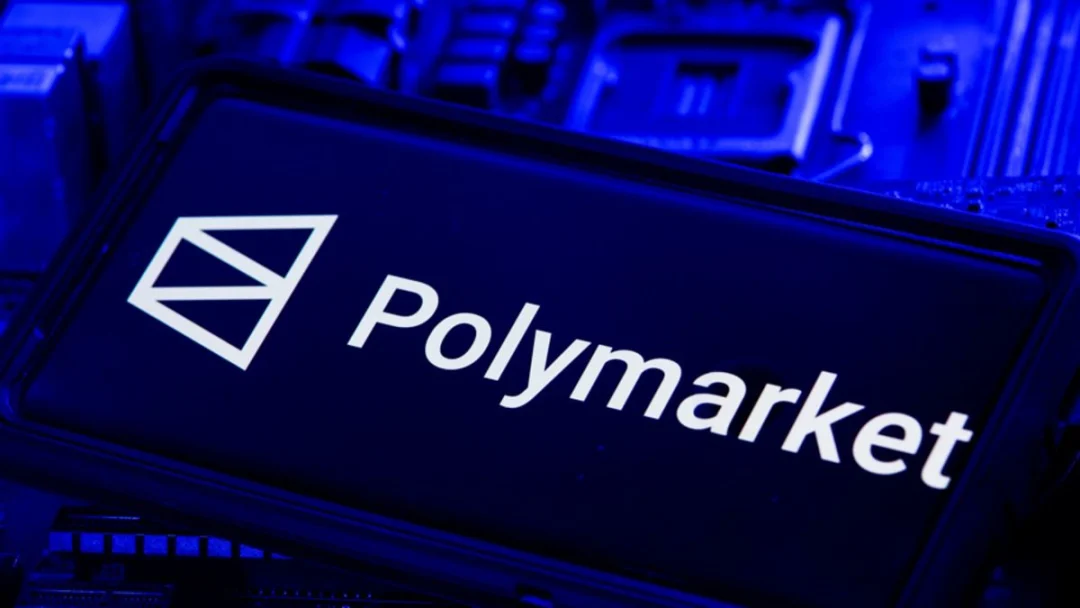< BACK TO BLOG
World Expands Into Prediction Markets With Polymarket
World, the digital identity project that was founded by OpenAI CEO Sam Altman, has integrated Polymarket into its World App.
This integration allows users to bet on global events using USDC or its native WLD token. The partnership is part of World’s push beyond identity verification into decentralized applications, and it follows a milestone of 100 million Mini App downloads. At the same time, Jupiter, the Solana-based decentralized exchange, launched its own prediction market focused on the upcoming Formula One Mexico Grand Prix. Powered by Kalshi, the initiative combines regulatory credibility and on-chain efficiency to deliver a fast, transparent, and engaging trading experience. With prediction markets hitting record volumes above $2 billion in weekly trades, driven by platforms like Polymarket and Kalshi, these integrations show how decentralized ecosystems are changing into vibrant hubs where finance, entertainment, and real-world events intersect.
World App Adds Polymarket World, the digital identity project that was founded by OpenAI CEO Sam Altman, is moving into prediction markets through a new integration with Polymarket. The partnership was announced on Tuesday, and it brings Polymarket’s betting functionality directly to the World App. This allows users to place wagers on global events using Circle’s USDC stablecoin or World’s native WLD token.
Announcement from World
According to the announcement, the Polymarket Mini App is now available in the World App in countries where the service is permitted. Users in restricted areas, including New York state, will not have access to WLD due to regulatory limitations around token distribution. The company clarified that “World Assets and World Foundation are not responsible for the availability of WLD on third-party platforms.”
The move is part of World’s growing ambition to expand beyond its original digital identity vision and into broader decentralized applications. It also follows a big milestone earlier this month when the company surpassed 100 million Mini App downloads .
The Mini App ecosystem was launched in October of 2024, and it enables developers to build web applications natively integrated into World App. By March 2025, World reported having over 150 Mini Apps and $8.8 million worth of WLD transacted across them. The platform now spans 160 countries, with more than 14 million verified unique human users and a total user base of over 30 million.
World’s integration with Polymarket also comes as prediction markets are experiencing record-breaking activity. Data from Dune Analytics shows weekly trading volumes surpassed $2 billion for the first time in mid-October, driven largely by Polymarket, which captured over half of all trading volume. Kalshi, which is Polymarket’s main competitor, accounted for almost $950 million.
Weekly prediction market volume (Source: Dune Analytics )
Institutional interest is accelerating as well. Polymarket recently secured a $2 billion investment from the Intercontinental Exchange, while Kalshi raised $300 million in a round led by Sequoia Capital and Andreessen Horowitz. This surge in market activity proves how on-chain prediction platforms are quickly maturing into a new frontier of decentralized finance.
Jupiter Launches F1 Prediction Market Meanwhile, decentralized exchange Jupiter launched its own prediction market, debuting with an event focused on the upcoming Formula One Mexico Grand Prix. The new platform allows users to bet on who will win the race, which takes place on Oct. 27 at 19:00 UTC and spans 71 laps. Participants can choose from leading drivers like Max Verstappen, Lando Norris, Oscar Piastri, and George Russell, among others.
The prediction market is powered by Kalshi, which brings liquidity and credibility to Jupiter’s initiative. This collaboration also provides users with a more secure and compliant environment to speculate on real-world outcomes. By leveraging Solana’s high-speed network, Jupiter wants to offer a fast, low-cost, and engaging way for traders and fans to participate in global events.
Mexican Grand Prix of 2023
As mentioned before, prediction markets have seen a lot of growth as they merge elements of finance, entertainment, and social interaction. The fact that the leading platforms Kalshi and Polymarket together recently surpassed $2 billion in weekly trading volume is impressive enough, and it set a new record high for the industry.
Now, Jupiter’s entry into this space suggests that there is increasing competition and innovation as decentralized exchanges look to diversify beyond just traditional crypto trading.
In this beta phase , Jupiter implemented several safeguards to maintain market stability, including a global maximum of 100,000 contracts and a cap of 1,000 contracts per individual position. Traders can buy and sell “yes” or “no” shares tied to their chosen outcomes, with share prices determined by market demand. Once the race concludes, winning shares pay out $1, while losing bets expire worthless.
X post from Jupiter
This new launch proves just how decentralized platforms are quickly changing into dynamic ecosystems that bridge real-world events and blockchain-based speculation.
This article was originally posted here -> Click here to read the article there.
